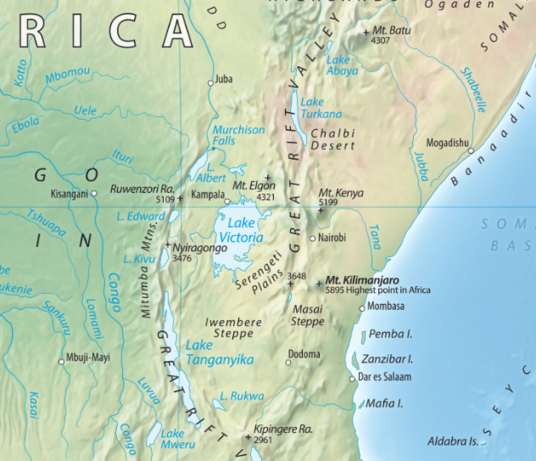
P122_Nigeria_Ghana
CAMPUS SEXUAL HARASSMENT: EXPLORING ITS CAUSES, INTERVENTIONS AND BREAKING THE SILENCE OF VICTIMS
Cooperating countries: Nigeria, Ghana and Austria
Coordinating institution: Igbinedion University, Evelyn Iyose Umemezia, evelyn.umemezia@iuokada.edu.ng
Partner institutions: Vienna University of Economics and Business, University of Development Studies
Project duration: 1 July 2024 - 30 June 2026
Budget: EUR 29.590
Abstract:
Background: Sexual harassment on campuses of the Nigerian universities is a major problem affecting students. It inflicts long-lasting effects on the psychological and emotional well-being of students especially when they fail to disclose information about their ordeal. This culture of silence undermines any meaningful or sustainable remediation of sexual harassment.
Objective: To investigate the multifaceted, immediate and remote causes of campus sexual harassment, elucidating the factors that contribute to its prevalence and develop interventions and policies to empower victims, aiding them to willingly volunteer information to break the silence, mitigate sexual harassment and create a safer and more inclusive campus environment.
Methodology: The study adopts a mixed method research design: the integration of qualitative and quantitative methods. A structured survey questionnaire and a semi-structured face-to-face interview are the primary methods of data collection. The population comprises the students of the universities in the South-South geopolitical zone of Nigeria. The sample consists of 400 male and female students of 6 private universities in the 6 states of the South-South geopolitical zone. Mixed methods, content analysis, descriptive and regression, would be employed in analysing the data collected from the sampled participants.
Findings: The findings will inform evidence-based interventions including policies and programmes, for the creation of a safer educational environment, providing a solid empirical foundation for transformative change in addressing campus sexual harassment. The research will fill up a research gap that would positively impact universities and society generally.